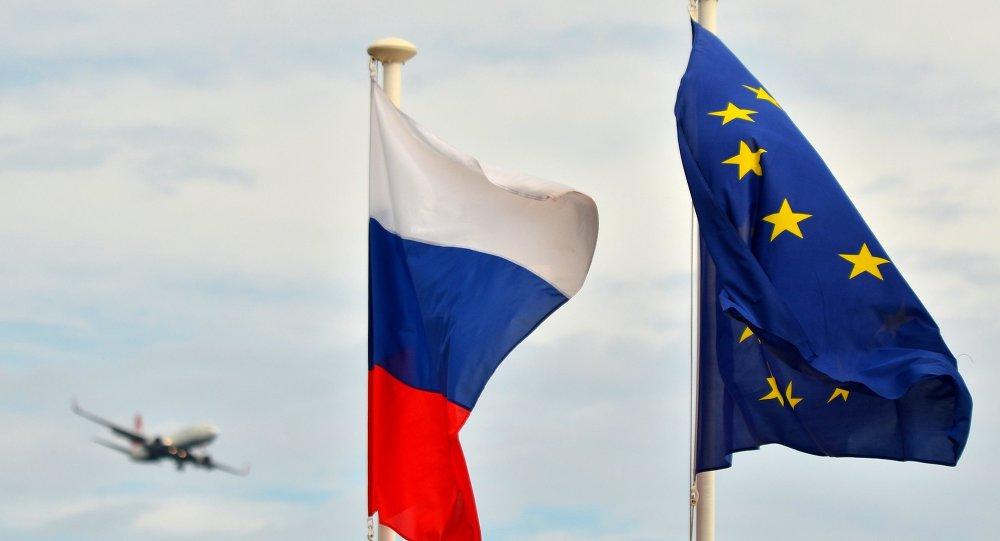BRUSSELS, Feb. 6 (Xinhua) -- The European Union (EU) insisted on Monday that it will not recognize Crimea's incorporation into Russia and urged all parties to implement the Minsk agreements fully in light of the recent resurgence of violence in eastern Ukraine.
EU foreign affairs chief Federica Mogherini Monday chaired the monthly meeting of foreign ministers from all 28 EU member states in Brussels. The situation in Ukraine, which has deteriorated significantly in the last days, was top of the ministers' agenda.
"The situation in the east in the last days was definitively extremely worrying for us. So when we refer to the full implementation of the Minsk agreements, we obviously restate our expectation that the fighting stops there and that a process of peace can be started effectively," the High Representative said to a press conference after the meeting.
The tensions in Donetsk and Lugansk regions worsened last week as fierce fighting erupted between government troops and pro-independence insurgents in the Kiev-controlled Avdeevka town, causing dozens of combatant and civilian casualties.
The warring sides blamed each other for the escalation that has killed some 10,000 people since April 2014.
After discussing the situation on Friday with Russian Foreign Minister Sergey Lavrov and the meeting with the Deputy Prime Minister of Ukraine Ivanna Klympush on Sunday, Mogherini called on the EU foreign ministers to maintain a united front on the issue.
"First of all, the need for de-escalation of violence in the east, also our continued non-recognition policy of the annexation of Crimea," she told the ministers in the meeting.
Replying to the concerns that the U.S. may take a softer line on Russia, the EU foreign affairs head said, "I cannot say where the U.S. administration stands on that but I can say where the Europeans stand on this."
U.S. President Donald Trump hinted earlier that he could lift the sanctions against Russia if Moscow proved helpful in battling terrorists and reaching other goals important to the United States.
However, the EU reiterated that EU sanctions against Russia are linked to the implementation of the Minsk agreements, which was signed in September 2014 and renewed in February 2015.
"There is no case for relaxation of the sanctions," British Foreign Secretary Boris Johnson stressed when he entered into the meeting, insisting keeping up pressure on Russia.
The EU slapped the sanctions on Russia in July and September 2014 in response to an alleged role that Russia played in conflicts in east Ukraine. Last December, the European Union extended the sanctions against Russia for another six months until July 31, 2017.




 A single purchase
A single purchase









